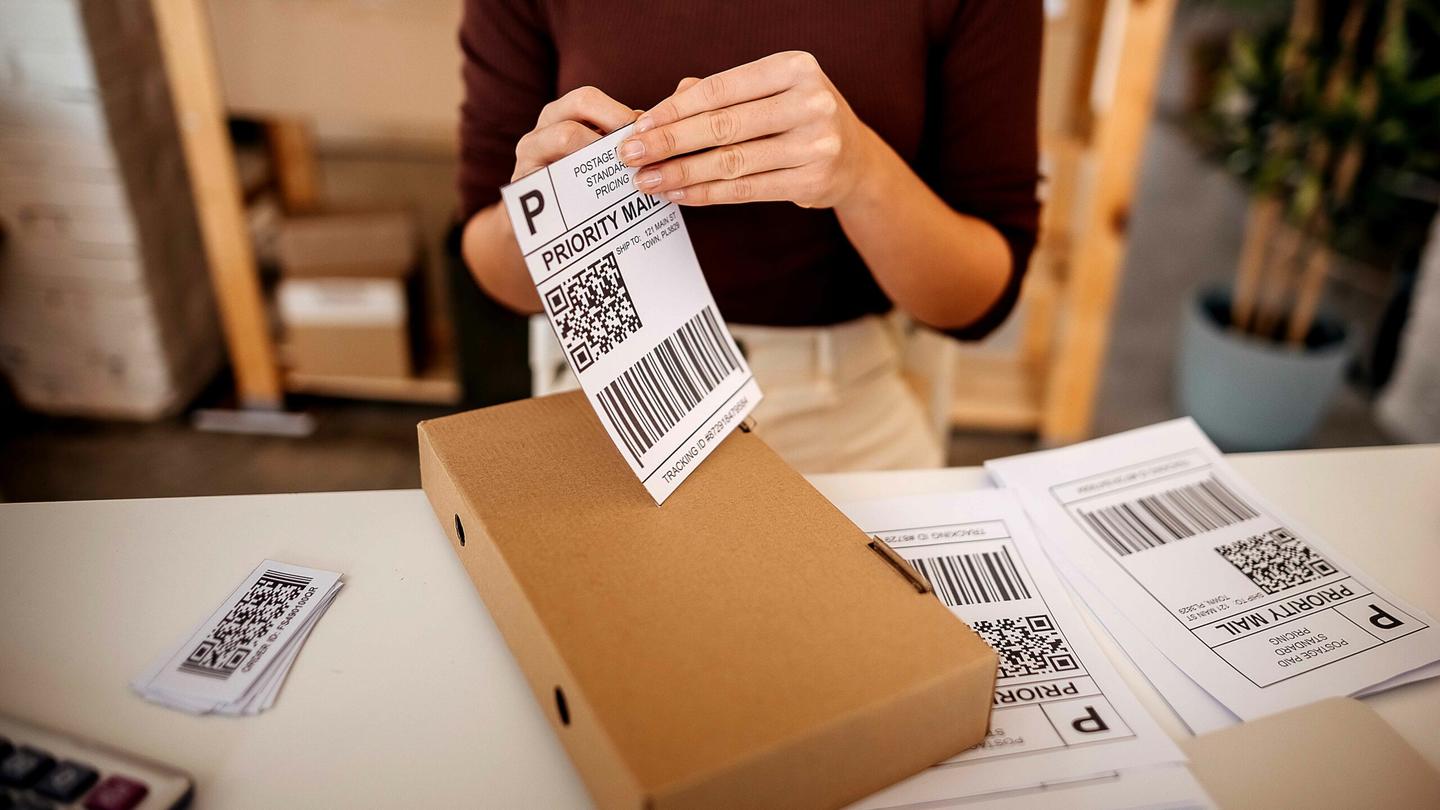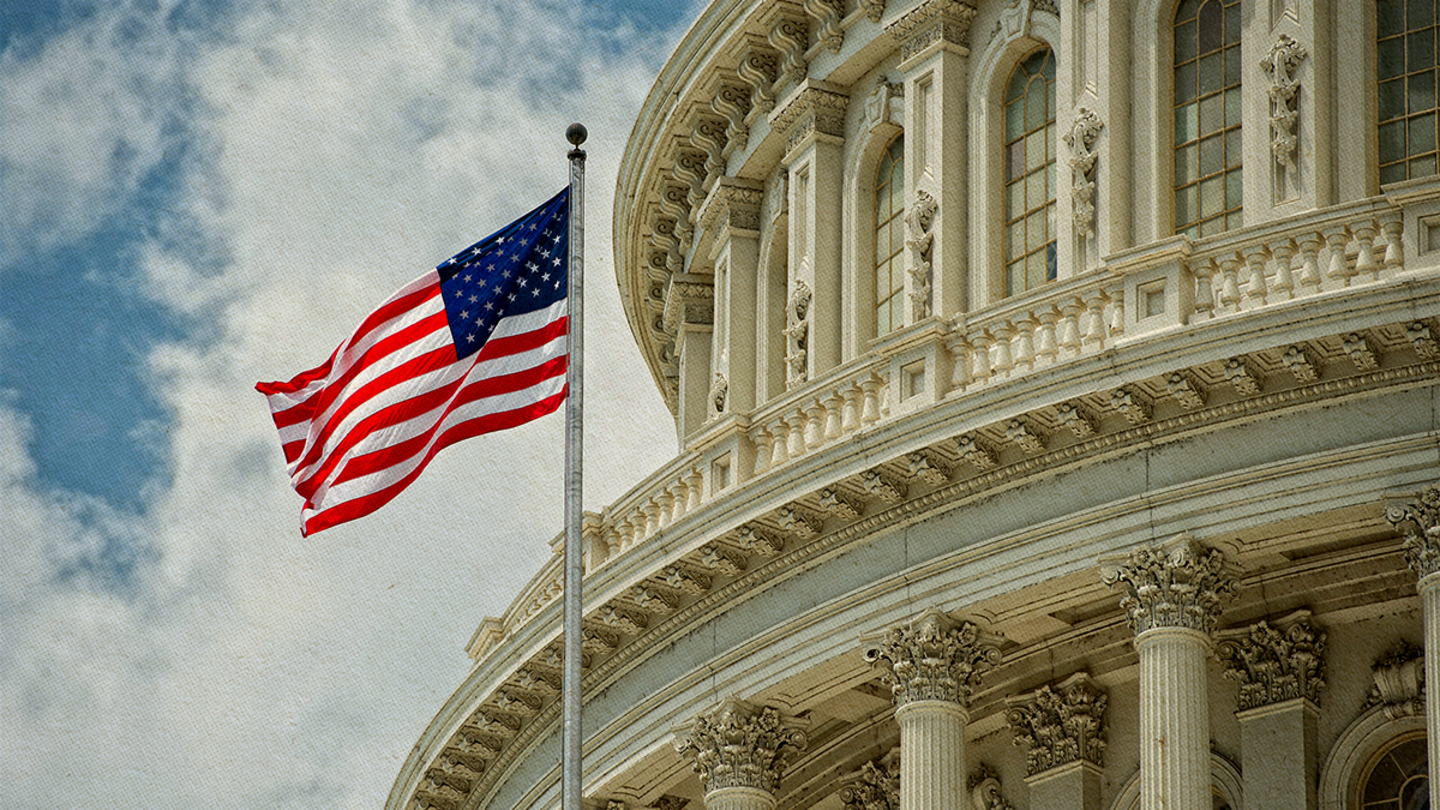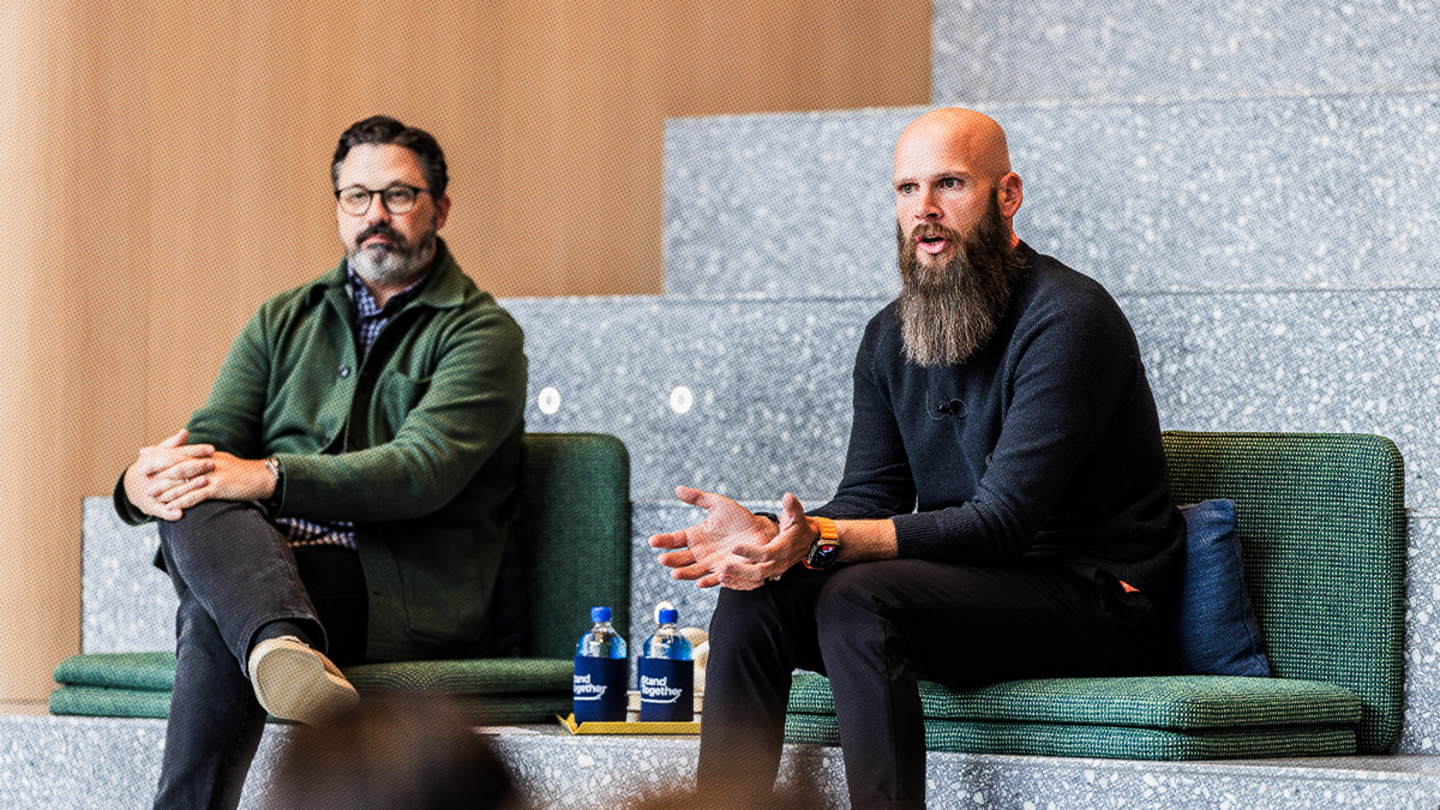This article was originally published by Stand Together Trust.
Flexibility is a perk that often attracts people to entrepreneurship. The ability to set your schedule and choose where you work -- these conveniences make it easier for people to balance work and family, save on commute times, and fit in household chores, exercise, and other tasks during coffee and lunch breaks.
Many people may not know how much the government can restrict that flexibility for entrepreneurs.
In Chandler, Arizona, Kim O'Neil learned this the hard way when government regulations made running her business while caring for her elderly parents "one of the most stressful experiences of [her] life." Christina Sandefur, Executive Vice President of the Goldwater Institute, explains:
Her firm, KMB Medical Billing, originally had its own office. But when O'Neil's father became ill, she moved it into her house so she could care for him and keep an eye on her two children. Her business had no signs, no commercial equipment, and she did not sell goods or store inventory. No customers came to her home, so she was not causing any noise, traffic, or parking issues. And though she did employ workers, they did not work out of her house.
Most observers would have never noticed a business operating in her home. Nevertheless, when city officials learned about the arrangement, they initiated months of tedious back-and-forth with O'Neil, with ever-increasing demands and legal threats. First, they told her she had seven days to apply for a special-use permit or face legal action, even though no one had previously told her she needed the city's permission to work from home. Then they said she needed to construct a commercial parking lot on her property, even though no clients or employees would ever use it. They even demanded she attend monthly meetings with the city.
Eventually, she gave up and rented some office space.
The ordeal inspired Kim to advocate for better home-based business regulations. Using her story, the Goldwater Institute -- a Stand Together Trust grantee -- has been working across the country to advance innovative reforms protecting entrepreneurial Americans' right to earn a living, no matter where they choose to work.
Making common sense a commonly held law
There are several good considerations for keeping businesses out of residential neighborhoods. For example, if:
- A business is loud and would disturb the peace of a neighborhood.
- A business employs a significant number of people and/or would bring a significant amount of traffic and parking issues to a neighborhood.
- A business might display commercial signs that would interfere with the aesthetic of a neighborhood.
The Home-Based Business Fairness Act crafted by Goldwater Institute acknowledges these concerns. It is written to ensure that localities are empowered to use the regulatory tools they already have to deal with issues existing in neighborhoods, like noise and nuisance-related ordinances. The proposed Act is written to ensure cities are not allowed to abuse these already existing tools and place onerous restrictions on businesses that aren't bothering anyone. Under the reform, cities may not require no-impact businesses to seek a permit or any other special permission simply because they are operating out of a home rather than a traditional office. It explicitly defines no-impact home-based businesses as having these characteristics:
- The total number of on-site employees and clients does not exceed the municipal occupancy limit for the residential property.
- The total number of on-site employees and clients does not exceed the municipal occupancy limit for the residential property.
- Are limited to the sale of lawful goods and services.
- Do not generate on-street parking or a substantial increase in traffic through the residential area.
- Occur inside the residential dwelling or in the yard.
- They are not visible from the street.
Kim's medical billing company fits this definition. Yet the city of Chandler still told Kim she'd need to "build a parking facility, submit architectural drawings of her home, and obtain approval from every neighbor within 600 feet," C. Jarrett Dieterle and Shoshana Weissmann wrote in The Wall Street Journal.
"Kim ran an unobtrusive business that didn't elicit complaints from her neighbors. It afforded her and the women she employed the flexibility to pursue a career while caring for family members and balancing other obligations. Yet the city made it impossible for her to operate," said Sandefur, co-author of the Home-Based Business Fairness Act. "Unfortunately, regulations like these have needlessly prevented people across the country from earning a living from home. The pandemic proved just how outmoded these restrictions are."
Countless business models are built for entrepreneurs who want to work from their homes.
"Tutors, web designers, data entry technicians, accountants, lawyers, psychologists, gift basket designers, florists, personal trainers, podcasters, music teachers, bookkeepers, and countless others can all operate without causing noise or disruption to people next door," Sandefur explains.
Yet, zoning laws in some cities prevent Americans from taking advantage of these business opportunities. For example, some areas "prohibit people from running retail business from home—even if those businesses do not serve customers in person," This means that selling goods online through platforms like eBay, Esty, or your own online store isn't allowed. In Nashville, Tennessee, a home-based business cannot have clients come on-site, even if they don't disturb neighbors and follow all health and safety standards. This means businesses like tutoring, personal training, and other client-based business aren't allowed. "Worse, the City enforces this rule arbitrarily, allowing some businesses -- such as daycares, short term rentals, and historic home events -- to operate out of people's houses, while outlawing others," Sandefur explains.
The Goldwater Institute filed an amicus brief to the Supreme Court of Tennessee in support of a case defending "hardworking home-based business owners, arguing that while it's reasonable for cities to ensure that neighbors respect each other's privacy and right to enjoy their property peacefully, they go too far when they needlessly intrude on inoffensive businesses." The Tennessee Supreme Court ruled in favor of the home business owners.
Goldwater's Home-Based Business Fairness Act has been adopted by Missouri and Iowa and will be under consideration in other states, such as Oklahoma and Nevada, in 2023.
There was once a time in the American economy when store owners lived in apartments just above their businesses, Sandefur recalls. Today, 69% percent of entrepreneurs start their businesses in their homes, more than 50% continue to run them from home, and likely a large swath of those who no longer run their businesses from home would like the option to do so.
America is known as the land of opportunity. So, it's time for a common-sense reform like the Home-Based Business Fairness Act to be considered common law in America so that more individuals can create business opportunities for themselves.
***
The Goldwater Institute is supported by Stand Together Trust, which provides funding and strategic capabilities to innovators, scholars, and social entrepreneurs to develop new and better ways to tackle America’s biggest problems.
Learn more about Stand Together's efforts to make the economy work for all and explore ways you can partner with us.




